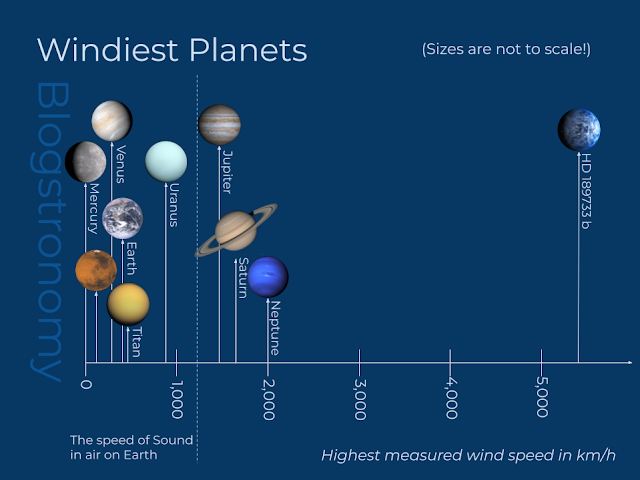Where Are All The Wormholes?
"Where are wormholes, and can we access them?" - Question posed by Amy, who also asked How Do Wormholes Work?.
There are a couple of ways wormholes could be formed, and thinking about how things can be formed gives us clues about where to look if we want to find them.
One way is for very, very large masses to punch a hole through space so that the holes join up. The problem with this is that when you have masses large enough to punch holes in space, you get black holes. Wormholes, then, could be something that connect two black holes together. Now there are two problems- getting into a black hole is easy, but not getting crushed beyond any hope of recognition, and getting out of the black hole on the other would be impossible unless there's some serious new science that can get in on the action.
The other problem is that, according to calculations based on General Relativity, such wormholes would be incredibly unstable, and would collapse before anything had a chance to travel through it. We'd need some exotic matter* that has a negative energy density in order to stabilise the wormhole. A number of physicists argue that such matter may be possible in nature, but we don't know of any such matter at the moment.
Another way for wormholes to exist would be on very, incredibly tiny scales in the stuff that makes up space itself, known as 'quantum foam'. In fact, at this scale, some scientists think that wormholes may pop into existence randomly all the time, but they're also very unstable and pop straight out of existence again. If we had some of that exotic matter I mentioned before, it may be possible to capture one and blow it up to a scale that we can use.
As to where they are...
Most respectable scientists don't believe that there are any in the universe at all; certainly none that we could actually use. Some have suggested that stable versions of quantum-foam wormholes could be possible candidates for dark matter, but there's very little (if any) evidence for this. Also, a couple of people have suggested the possibility that a stable quantum-foam wormhole could feasibly have been created at the big bang, and has since been enlarged by the expansion of space, but this is incredibly unlikely and they were more than likely just thinking-out-loud.
* 'Exotic' matter is matter that doesn't conform to the types of matter we currently know about. Basically, it's used to describe any of the imaginary stuff that we'd like to find because it has some properties that would solve some scientific problems for us. Like wormholes, for instance.
There are a couple of ways wormholes could be formed, and thinking about how things can be formed gives us clues about where to look if we want to find them.
One way is for very, very large masses to punch a hole through space so that the holes join up. The problem with this is that when you have masses large enough to punch holes in space, you get black holes. Wormholes, then, could be something that connect two black holes together. Now there are two problems- getting into a black hole is easy, but not getting crushed beyond any hope of recognition, and getting out of the black hole on the other would be impossible unless there's some serious new science that can get in on the action.
The other problem is that, according to calculations based on General Relativity, such wormholes would be incredibly unstable, and would collapse before anything had a chance to travel through it. We'd need some exotic matter* that has a negative energy density in order to stabilise the wormhole. A number of physicists argue that such matter may be possible in nature, but we don't know of any such matter at the moment.
Another way for wormholes to exist would be on very, incredibly tiny scales in the stuff that makes up space itself, known as 'quantum foam'. In fact, at this scale, some scientists think that wormholes may pop into existence randomly all the time, but they're also very unstable and pop straight out of existence again. If we had some of that exotic matter I mentioned before, it may be possible to capture one and blow it up to a scale that we can use.
As to where they are...
Most respectable scientists don't believe that there are any in the universe at all; certainly none that we could actually use. Some have suggested that stable versions of quantum-foam wormholes could be possible candidates for dark matter, but there's very little (if any) evidence for this. Also, a couple of people have suggested the possibility that a stable quantum-foam wormhole could feasibly have been created at the big bang, and has since been enlarged by the expansion of space, but this is incredibly unlikely and they were more than likely just thinking-out-loud.
* 'Exotic' matter is matter that doesn't conform to the types of matter we currently know about. Basically, it's used to describe any of the imaginary stuff that we'd like to find because it has some properties that would solve some scientific problems for us. Like wormholes, for instance.



Comments
Post a Comment